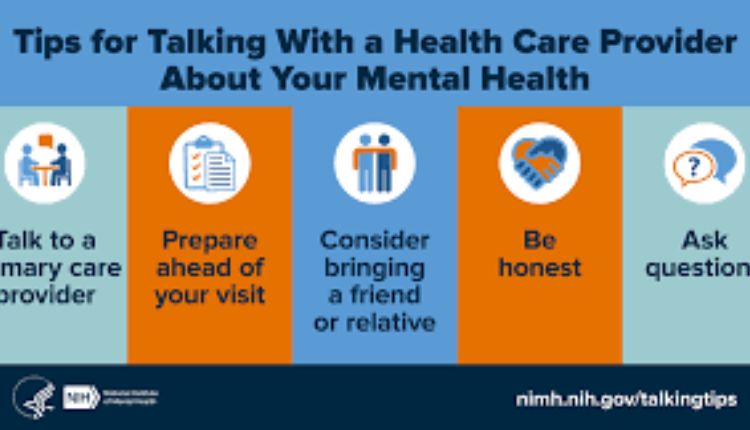Discussing mental health with your Primary Care Provider

Imagine walking into that glen burnie general practice medicine office. The familiar smell of sanitizers and the soft murmurs of the waiting room surround you. This time, you’re not here for a physical ailment. This time, it’s about your mental health. Discussing mental health with your Primary Care Provider is a step that takes courage, but you’re ready. You’re ready to cross that invisible boundary, to speak about the darkness that’s been clouding your mind. This is your story, and it begins here.
The First Step
The first step is often the hardest. In a society where mental health is still considered taboo, opening up about it can feel like an uphill battle. But remember – you’re not alone. Many have walked this path before you, and many will walk it after.
The Conversation
Starting a conversation about your mental health with your primary care provider is important. It’s not about bombarding them with all your worries at once. It’s about expressing your concerns, however small or large they may be. It’s about saying, “I’ve been feeling down lately,” or “I’m struggling to sleep.” These small admissions can lead to a larger discussion and a path towards healing.
How to Approach the Topic
So, how should you approach the topic? Here are three simple steps:
- Be honest: It’s crucial to be honest about your feelings. You don’t have to create a perfect narrative. Just express your emotions as they are.
- Ask questions: If you’re unsure about anything, don’t hesitate to ask. This is your journey, and your primary care provider is there to guide you.
- Be patient: Healing takes time. It’s not a race. Your journey is unique to you, and it’s okay to take it at your own pace.
Remember, You’re Not Alone
Finally, always remember – you’re not alone. Mental health is as important as physical health. It’s not a weakness to seek help. It’s a sign of strength. Your primary care provider is there to help you, to guide you, and to champion your journey.
The Next Step
Once you’ve had the conversation, the next step is to work with your provider to develop a plan. This could involve further testing, therapy, medication, or a combination of these. The most important thing is that you’re taking control of your mental health. Remember, this is your story, and every step you take is a step towards a healthier you.





